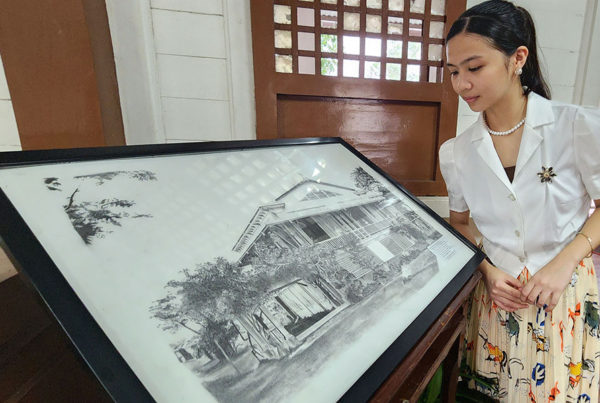Drivers, operators seek scrapping of ‘2-day coding’
“Noted”.
This was the terse and evidently non-committal response of Councilor Karlos Reyna, chair of the committee on infrastructure and public utilities committee of the Dagupan City Council, to the request of members of the transport sector for the reduction of their double ‘coding’ days per week to only one ‘coding’ day.
Drivers and operators expressed their sentiment in a hearing conducted on Wednesday by Reyna and his vice chairman, Councilor Alfredo Quinto.
‘Coding’ refers to the banning of vehicles from the city’s streets on the designated day as reflected on the last number on the vehicle’s plate number.
Benny Aquino, president of the Alliance of United Transport Organization-Pangasinan Region One (AUTO-PRO), again assailed Ordinance 1846-2005, which imposed two days of rest every week for all public utility vehicles (PUV) plying Dagupan.
Aquino, through his lawyer Antonio Tiong, earlier filed a civil case before the Regional Trial Court against then Mayor Benjamin Lim and other officials of the city government over the ordinance, which the group considers “illegal, oppressive, discriminatory and capricious”.
The case remains pending in court.
The transport group leader said they are ready to withdraw the suit in exchange for the reduction of the two-day ‘coding’ to only single-day ‘coding’ in order to allow drivers and operators of PUVs to earn more.
Ordinance 1848-2005 was adopted by the city council to decongest the roads, limiting the number of PUVs on any given day, after noting the over-supply of PUVs even during rush hour.
Aquino also suggested that a terminal system instead be imposed on all PUVs entering the city from adjacent towns to minimize volume of loading and unloading by passengers within the city.
Eduardo Aquino, president of the Bonuan Boquig Drivers and Operators Association, said Dagupan is the only city in the country that enforces two-day ‘coding’ for PUVs, pointing out that bigger cities like Baguio and Olongapo have only one day of ‘coding’.
Segundo Ferrer, a jeepney operator, said with two days of ‘coding’, plus a rest day on Sunday effectively results in only a four-day week operations.
Meanwhile, Public Order and Safety Office chief Robert Erfe Mejia defended the two-day ‘coding’, saying only the PUV operators are being benefited in single day ‘coding’ because they earn from the daily boundary system regardless of drivers’ poor earnings owing to over-supply of PUVs.
He added that since there would be more PUVs on the road under a single coding system, drivers are prone to commit more traffic violations and end up paying more fines. Mejia said that it is the drivers who are paying the fines, not the operators.
Video footages presented by Mejia during the public hearing showed many drivers flagrantly violating traffic rules particularly loading and unloading of passengers wherever and whenever including middle-of -street intersections.
At the hearing, City Legal Officer George Mejia suggested that private vehicles must also be covered by at least a one day coding to decongest the city’s roads.—LM







